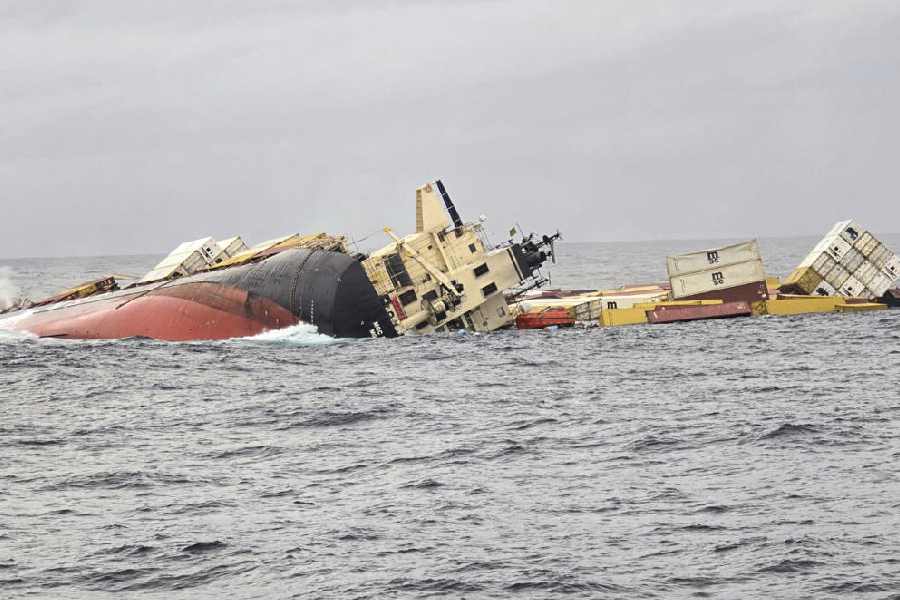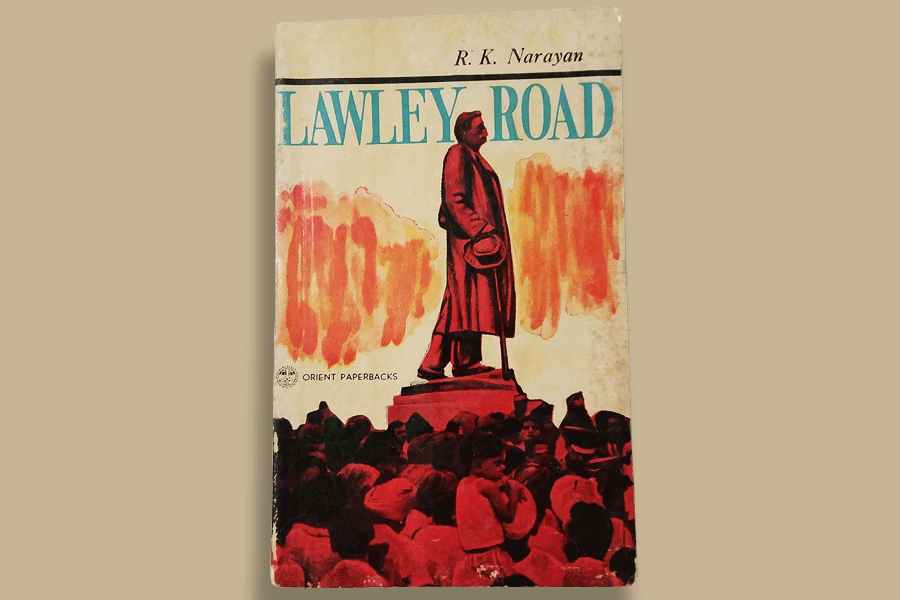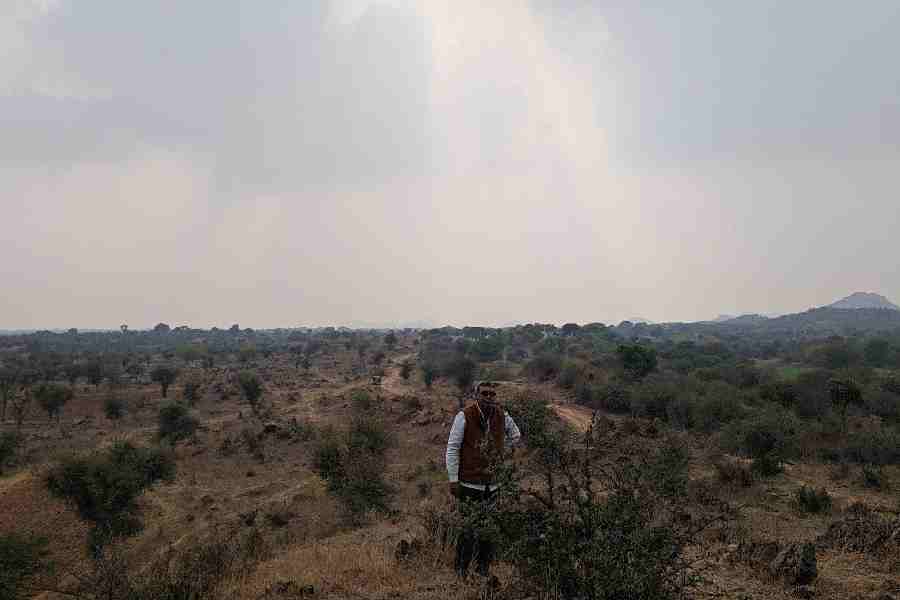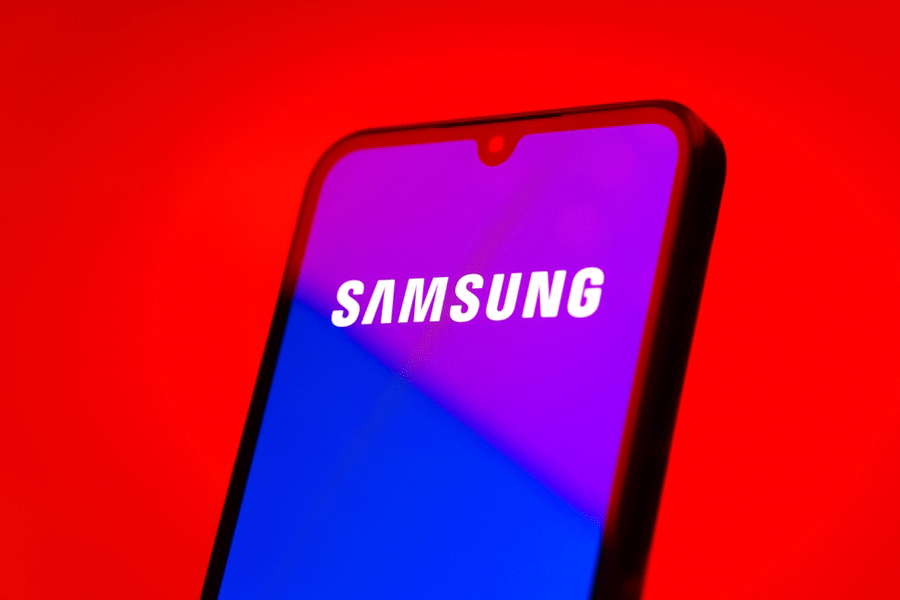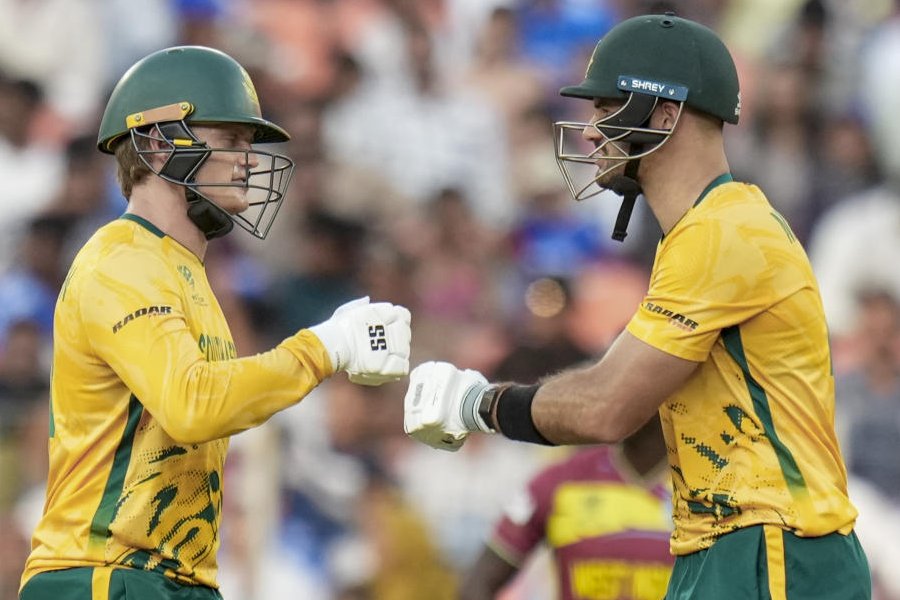The two recent shipwrecks off the Kerala coast could lead to the depletion of fish stock in the next couple of years, according to experts.
On Monday, a major fire broke out on board a Singapore-flagged ship after a container explosion off the Kerala coast. The incident occurred around 88 nautical miles off the coast. The ship reportedly contained flammable items, around 21,600kg of resin solution, 20,000kg of environmentally hazardous materials and plastic nurdles.
On May 24, a Liberian-flagged cargo vessel, MSC ELSA-3, sank about 14.6 nautical miles from the coast. The vessel had gone down with 640 containers loaded with hazardous cargo, calcium carbide, diesel and furnace oil.
Though no official directive has been issued against the consumption of fish till now, experts fear that the presence of plastic nurdles and other hazardous materials in the water may have dangerous consequences for both marine and human life.
The shipwreck comes at a time when a trawling ban is imposed off the Kerala coast to conserve the limited marine resources. The ban on deep-sea trawlers from June 10 to July 31 also helps preserve natural fish hatcheries during the breeding season in the monsoon.
Mathew Joseph, an entrepreneur who sells fish through his e-commerce site Fresh to Home application, told The Telegraph that the presence of plastic nurdles would harm the fingerlings.
Joseph, who has been working in this sector for more than three decades, fears his business might take a hit if unsubstantiated claims on social media about the dangers of fish consumption were not countered by a government directive.
“The state government should come out with a directive on whether it’s safe to consume fish or not at this juncture. Or else, the rumour-mongers will spread fear and panic among fish eaters,” Joseph, whose business turnover had touched ₹1,100 crore during 2023-24, said.
Fisherman Biju Johnson, who sells his catch at Vettucaud in Thiruvananthapuram, said he had to deal with several customer queries on whether it was safe to eat fish following the Liberian ship accident.
“For a few days, I closed my shop due to a decline in business. The fishermen community had not ventured into the sea then. We had seen plastic nurdles floating on the surface of the sea,” Biju said.
Professor Anu Gopinath, head of the department of aquatic environment at the Kerala University of Fisheries and Ocean Studies, said the state government could not advise people against eating fish without obtaining proper scientific data and conducting an exhaustive impact study.
“Only a long-term impact study can alleviate the fears among the people over the extent of the damage the shipwreck has caused. The food chain of fish is definitely going to get affected,” said Gopinath, who joined India’s Arctic expeditions in 2014, 2016 and 2017.
FIR filed
The Kerala government has filed a case against the owners and crew of the Liberian-flagged ship following a complaint by C. Shamji of Neerkkunnam Malsya Gramam (Fish Village) in Alappuzha.
The Opposition has demanded that chief minister Pinarayi Vijayan explain why it took the state government 17 days to file a case against Mediterranean Shipping Company (MSC), a partner concern of Adani Ports.
An FIR under Sections 282 (rash navigation of vessel), 285 (danger or obstruction in public way or line of navigation), 286 (negligent conduct with respect to poisonous substance), 287 (negligent conduct with respect to fire or combustible matter) and 288 (negligent conduct with respect to explosive substance) of the BNS has been registered by the police.
The FIR by Fort Kochi Coastal police station states that the owners, master and crew handled the ship in a negligent manner, leading to its sinking on May 24-25 near Alappuzha district.

